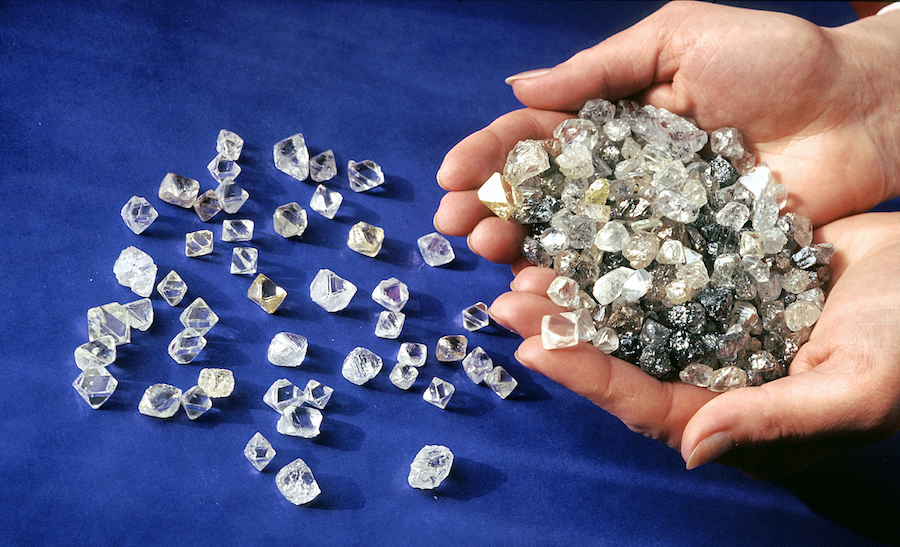G7 to discuss diamond trade with future Russia sanctions in mind – EU official

Leaders of the Group of Seven (G7) nations will discuss how to trace Russian diamond trade at a summit this week with the aim of imposing restrictions at a later stage, an EU official said on Thursday.
“You can expect this to be mentioned in the G7 communique,” an EU official told reporters in a briefing.
The official said there would not be an agreement at this stage, but he was confident that talks between leaders in Hiroshima, Japan, between May 19-21 would open the door to putting a tracing mechanism in place before restrictions were implemented.
Poland in April presented a proposal for a new set of sanctions on Russia for waging war against Ukraine, including oil and diamond imports, but the debate over the precious gems has been complex in the European Union.
While some states have called for sanctions, Belgium – home to the world’s biggest diamond trading hub in Antwerp – has rejected restrictions.
The Antwerp World Diamond Centre has said sanctions would take away some 30% of its business and benefit rival trade hubs, adding clients should be allowed to decide themselves if they wanted Russian gems.
Concern among G7 nations is that a reduction in diamond trade could see traders turn to other diamond trading centres such as the United Arab Emirates and India before taking their product to the lucrative US market.
Two G7 officials said the idea was to develop new tracing technologies to be able to identify the sources of the diamonds, something that would take time and would make imposing sanctions difficult in the short-term.
The aim would be to reduce Russian diamond trade in the immediate term, they said.
The EU official said given the size of the market there would need to be a broader discussion with countries such as this year’s G20 host India, which do not necessarily fully back Western sanctions on Russia. India’s prime minister has been invited to the G7 summit.
“We have large supporters of Ukraine and then swing states which we need to be careful with. We would like to engage in a dialogue with them,” the official said.
(By John Irish; Editing by Alison Williams, Sharon Singleton and Christina Fincher)
More News
Contract worker dies at Rio Tinto mine in Guinea
Last August, a contract worker died in an incident at the same mine.
February 15, 2026 | 09:20 am
{{ commodity.name }}
{{ post.title }}
{{ post.date }}




Comments